Apple Watch Series 2: Specs, straps and all you need to know
Apple is refreshing its smartwatch with three new features. Here are the details.
A free daily email with the biggest news stories of the day – and the best features from TheWeek.com
You are now subscribed
Your newsletter sign-up was successful
Apple Watch price: will anyone pay £13,500 for high-tech timepiece?
10 March
After years of anticipation, Apple finally unveiled its high-tech smartwatch in California last night. The device, which comes billed as "the most advanced timepiece ever", has a battery life of just 18 hours.
It comes in 22 variants, from the smaller Watch Sport, which starts at £299 to the top end 18-carat gold Watch Edition model which costs a hefty £13,500.
The Week
Escape your echo chamber. Get the facts behind the news, plus analysis from multiple perspectives.

Sign up for The Week's Free Newsletters
From our morning news briefing to a weekly Good News Newsletter, get the best of The Week delivered directly to your inbox.
From our morning news briefing to a weekly Good News Newsletter, get the best of The Week delivered directly to your inbox.
The Apple Watch's price varies wildly according to which materials, face size and strap a customer chooses. The 38mm (1.5in) version of the device will be cheaper than the larger 42mm (1.7in) models, which will cost about $50 more than the lower-priced devices. So will anyone want to buy the top-end model?
"It feels a little pricey," Van Baker, an analyst at Gartner, told The Times. "But they will sell a whole bunch. They will sell millions to their fans in the first few months but we will have to see if real demand emerges after that. Whether that will happen depends on whether the apps for Watch are seriously compelling to the average person."
A range of apps were launched alongside the new device, including Todoist, an easy to use to-do list app; Shazam, an extension of the music identifying phone app; Uber, the taxi app that now allows you to watch your taxi arrive on your wrist; and new Watch-based offerings from Nike, Instagram, The Guardian and more.
The apps that were shown were good, Van Baker said, but there was no "killer".
A free daily email with the biggest news stories of the day – and the best features from TheWeek.com
The Apple Watch is equipped to monitor your health, and can be used as a phone and tapped at tills to make purchases, but some Apple Watchers suggest that there is no groundbreaking function to help drive sales that cannot be performed by other devices.
Nevertheless the Apple Watch is likely to sell at least 10 million and possibly as many as 20 million units this year, Forbes says. This "reveals anew the company's unsurpassed ability to gain interest for a product that people don't really know what to do with yet".
According to the US market research company Forrester, there is an appetite for a device that is easier to check than a mobile phone. Forrester's research has shown that 40 per cent of adults in the US "prefer not to keep pulling their phones out", and as many as half of mobile interactions involve a quick notification, such as a photo or a news update that requires only a glance.
Still, the move towards tiered pricing represents a new direction for Apple, argues Fusion's Kevin Roose. Up until now Apple devices have offered a uniform level of luxury that was exactly the same for middle-class buyers as it was for celebrities and multimillionaires. The graded pricing for Apple's watches is a "historic change" for the Californian tech company, with some products all but out of reach of the average buyer.
Being an iPhone customer has never been a cheap proposition, Roose notes, but neither were Apple products ever true luxuries. "The iPhone's leveling effect produced an incredibly profound vision of social equivalence". Now, however, "It's possible that the mere presence of $10,000 or $15,000 Apple Watches on the street … will be a psychological disturbance to people who are stuck wearing their $349 Sport editions. It's also possible that, as they say in marketing, these customers will feel 'distanced from the brand' in a way that comes back to bite Apple down the road".
-
 Climate change has reduced US salaries
Climate change has reduced US salariesUnder the radar Elevated temperatures are capable of affecting the entire economy
-
 6 gorgeous homes in warm climes
6 gorgeous homes in warm climesFeature Featuring a Spanish Revival in Tucson and Richard Neutra-designed modernist home in Los Angeles
-
 Russia’s ‘cyborg’ spy pigeons
Russia’s ‘cyborg’ spy pigeonsUnder the Radar Moscow neurotech company with Kremlin-linked funding claims to implant neural chips in birds’ brains to control their flight, and create ‘bio-drones’
-
 Is Apple’s Tim Cook about to retire?
Is Apple’s Tim Cook about to retire?Today's Big Question A departure could come early next year
-
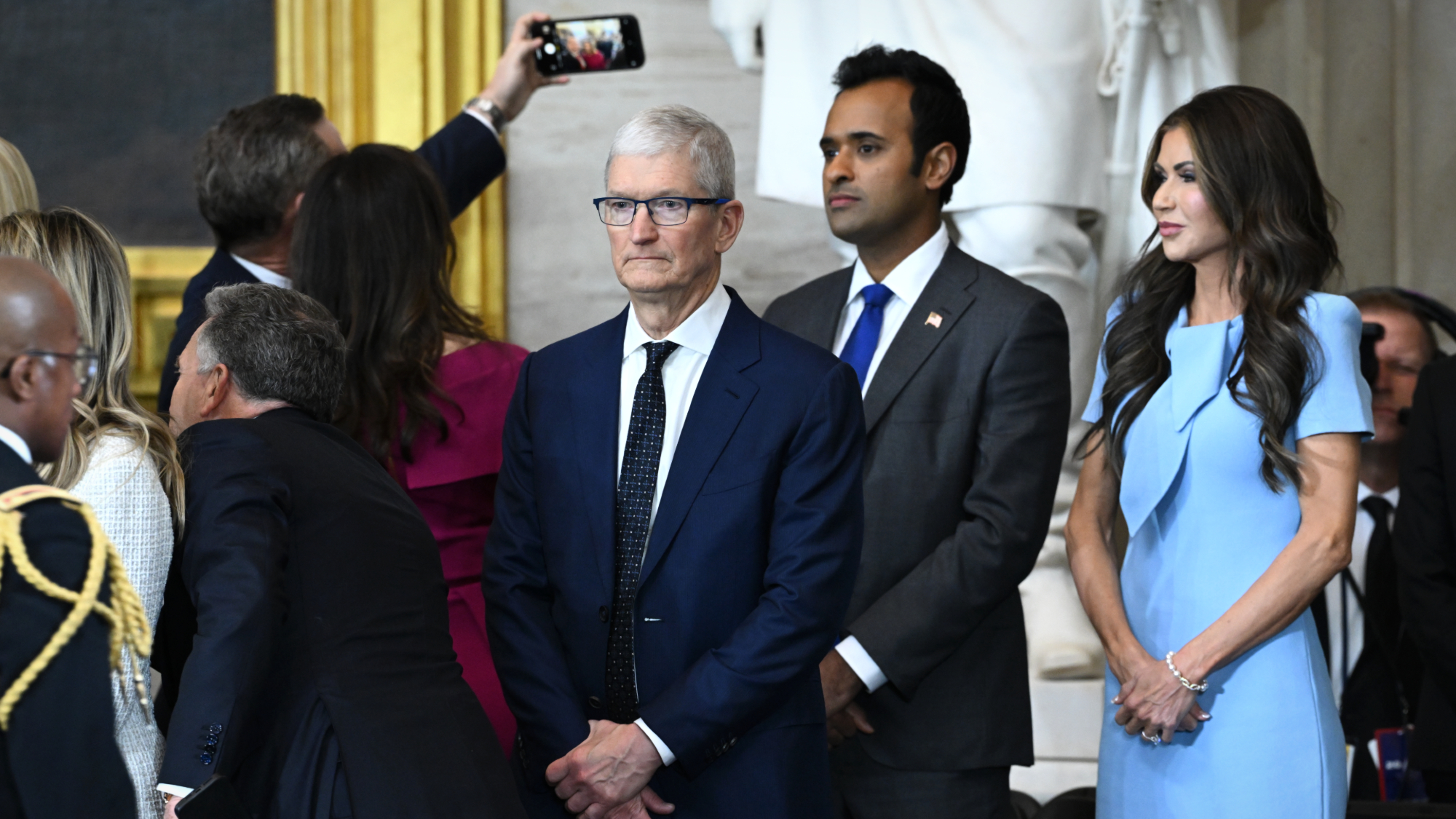 Apple pledges $500B in US spending over 4 years
Apple pledges $500B in US spending over 4 yearsSpeed Read This is a win for Trump, who has pushed to move manufacturing back to the US
-
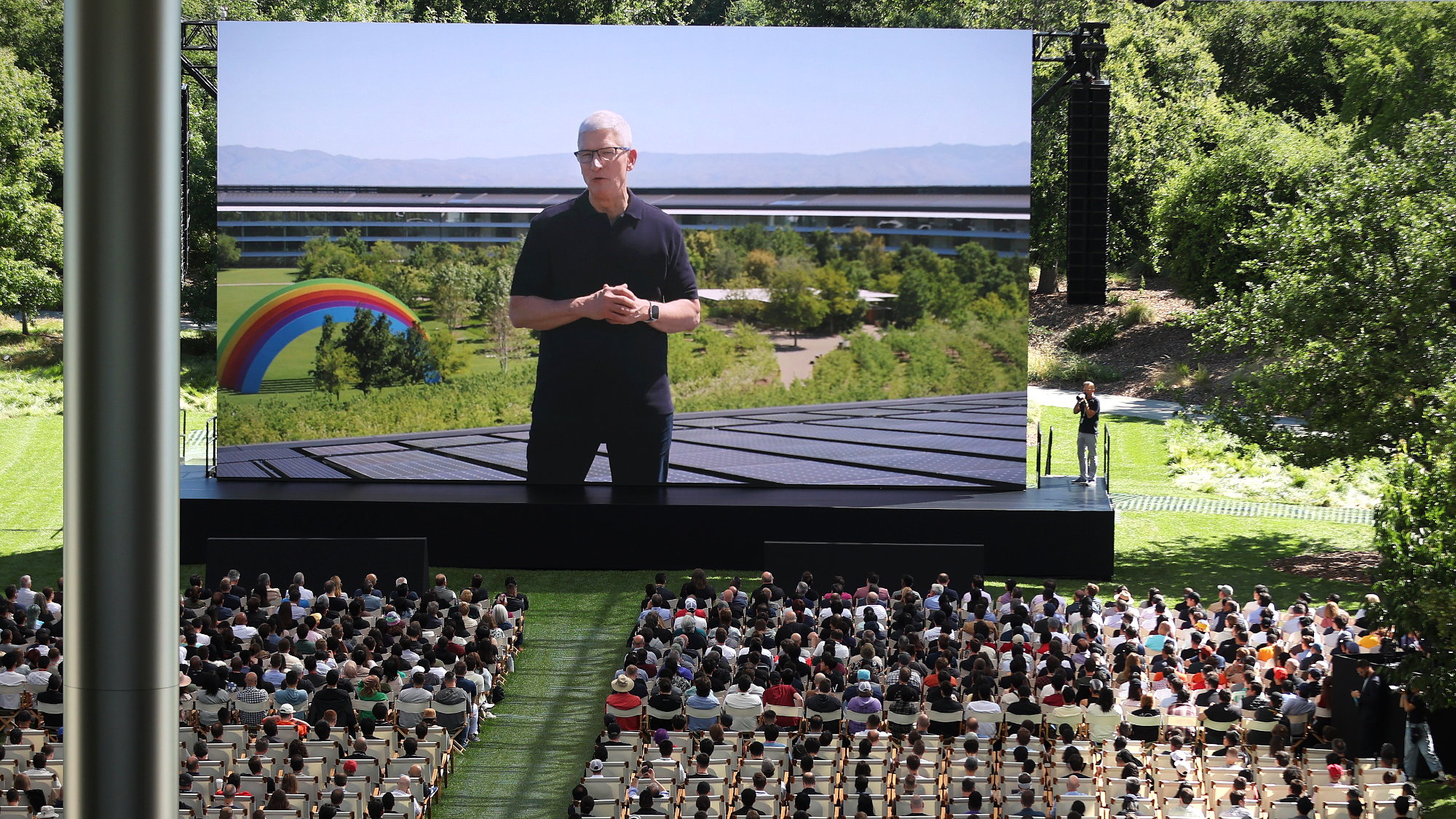 Apple unveils AI integration, ChatGPT partnership
Apple unveils AI integration, ChatGPT partnershipSpeed Read AI capabilities will be added to a bulked-up Siri and other apps, in partnership with OpenAI's ChatGPT
-
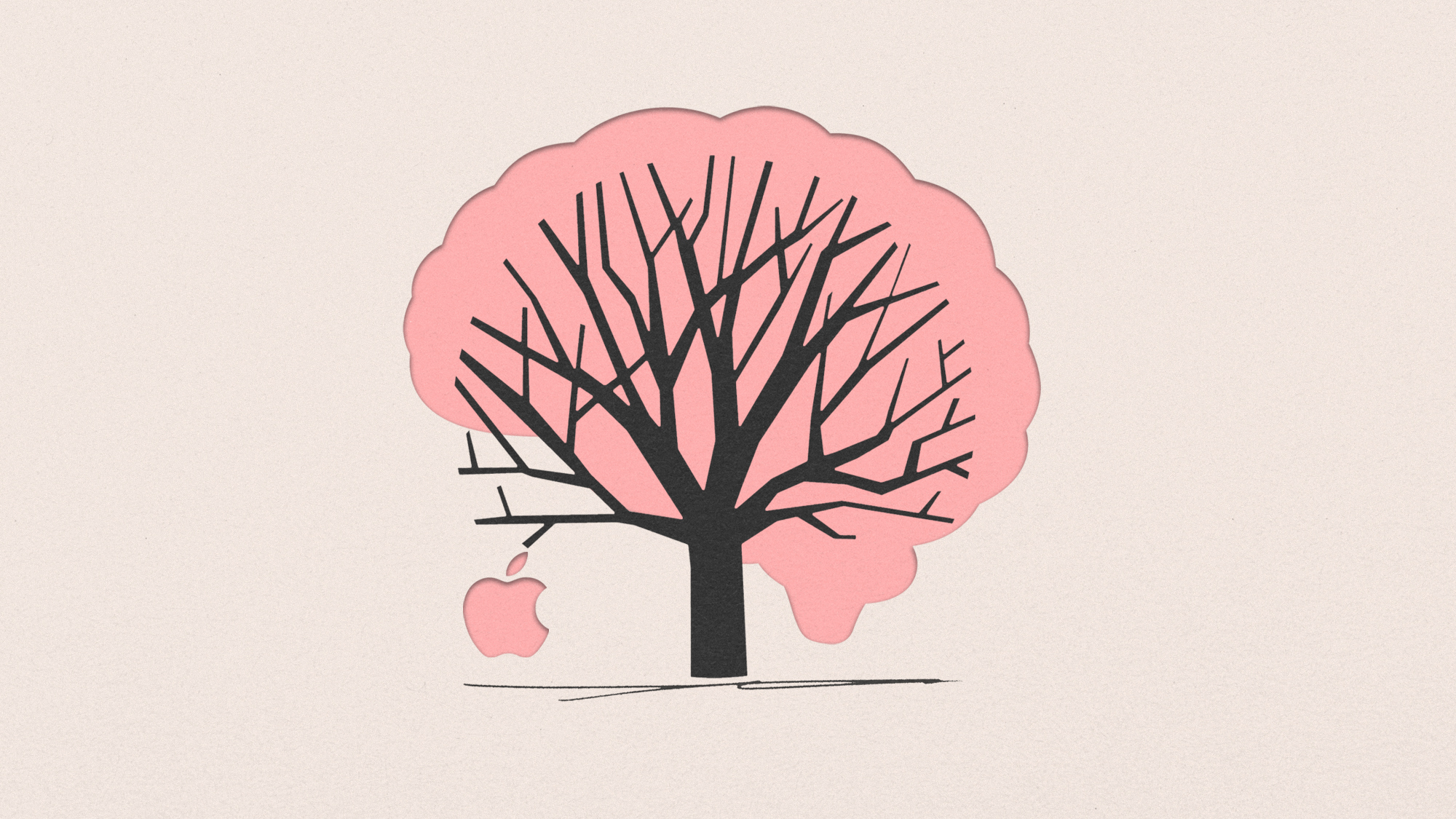 Apple Intelligence: iPhone maker set to overhaul the AI experience
Apple Intelligence: iPhone maker set to overhaul the AI experienceIn the Spotlight A 'top-to-bottom makeover of the iPhone' sees the tech giant try to win the consumer AI game
-
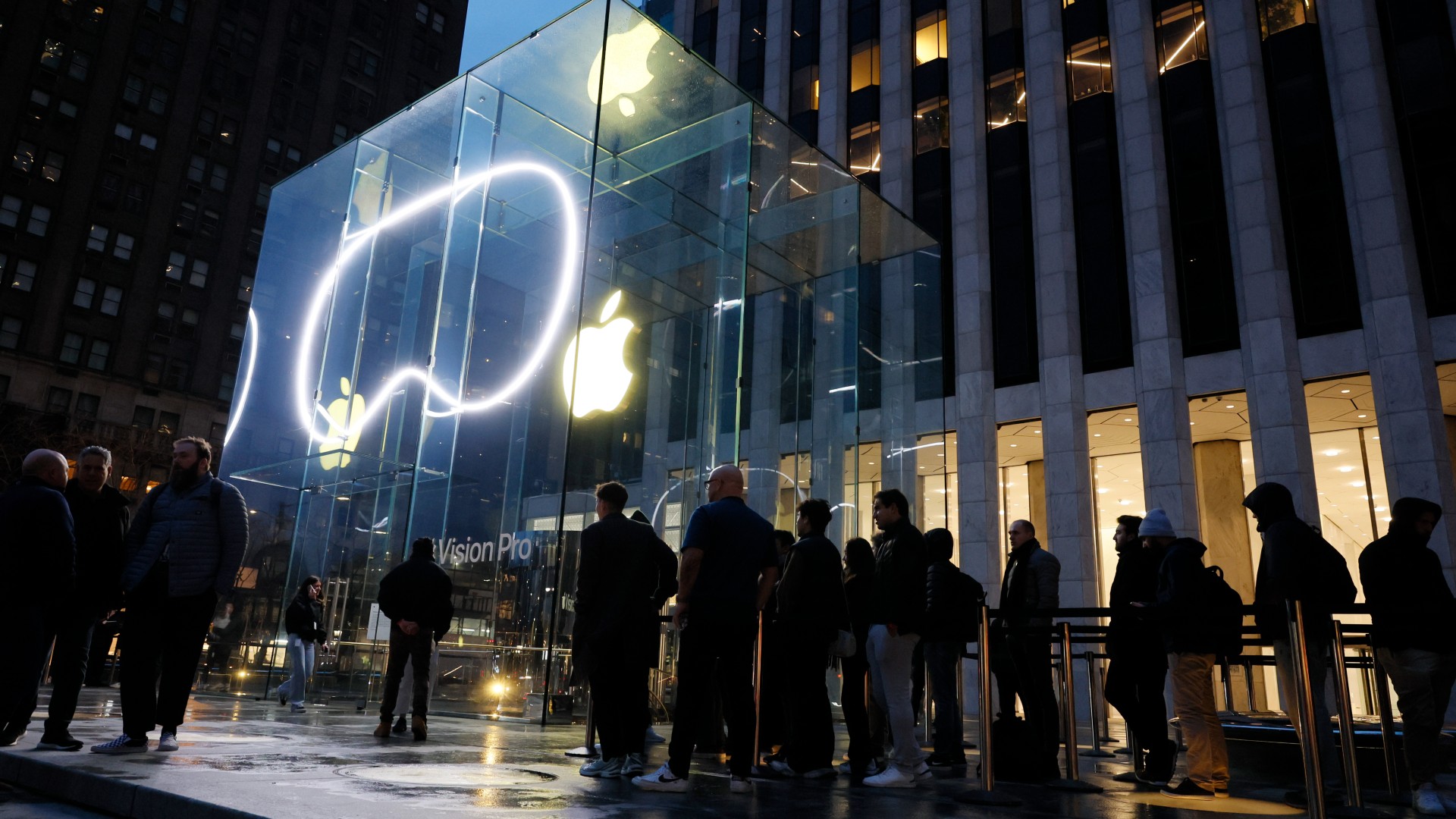 The Apple Vision Pro's dystopian debut
The Apple Vision Pro's dystopian debutIn the Spotlight Is "spatial computing" the next big thing?
-
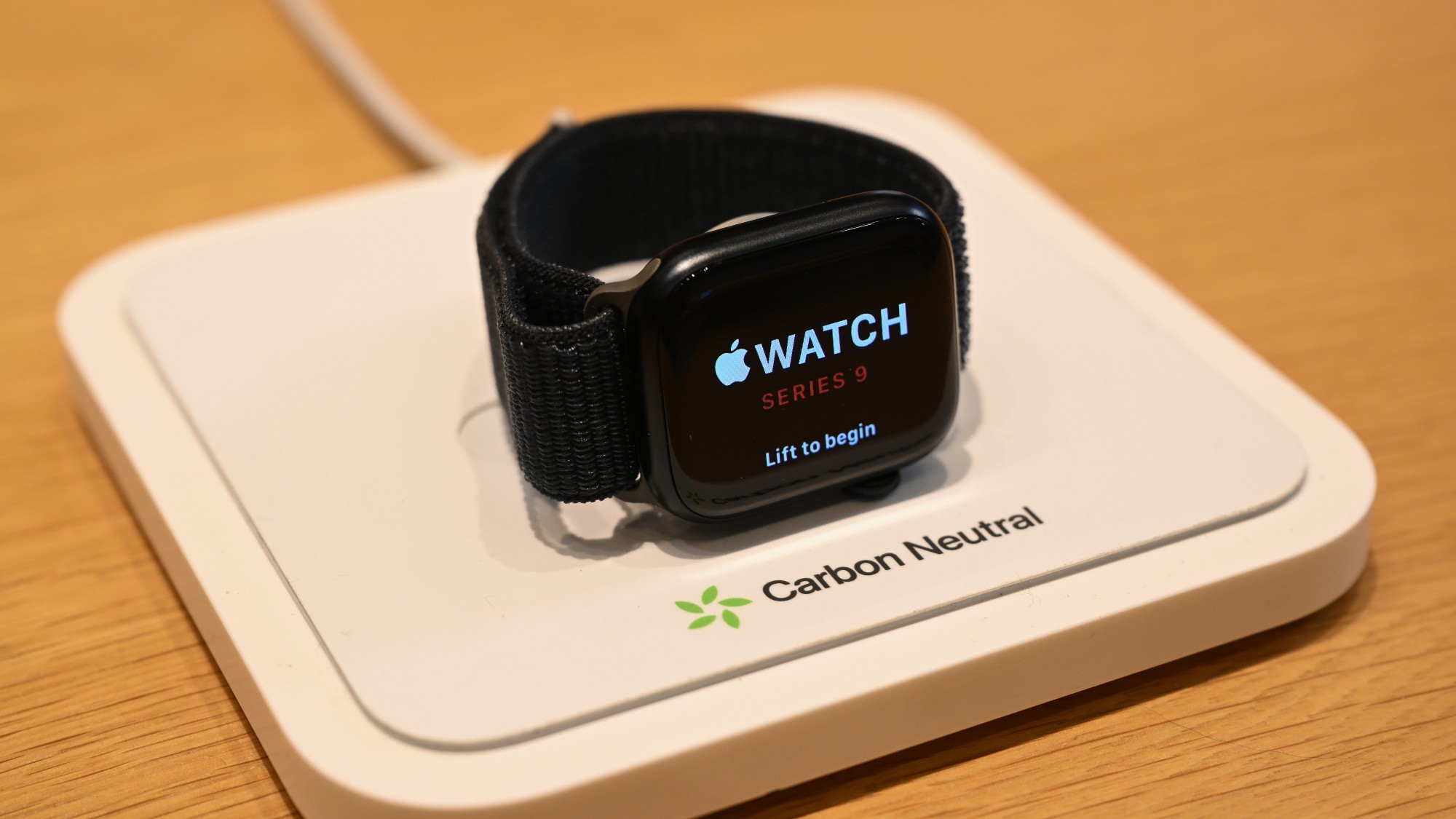 Why Apple's carbon-neutral claims may be misleading
Why Apple's carbon-neutral claims may be misleadingSpeed Read The company isn't disclosing all the information, a new report alleges
-
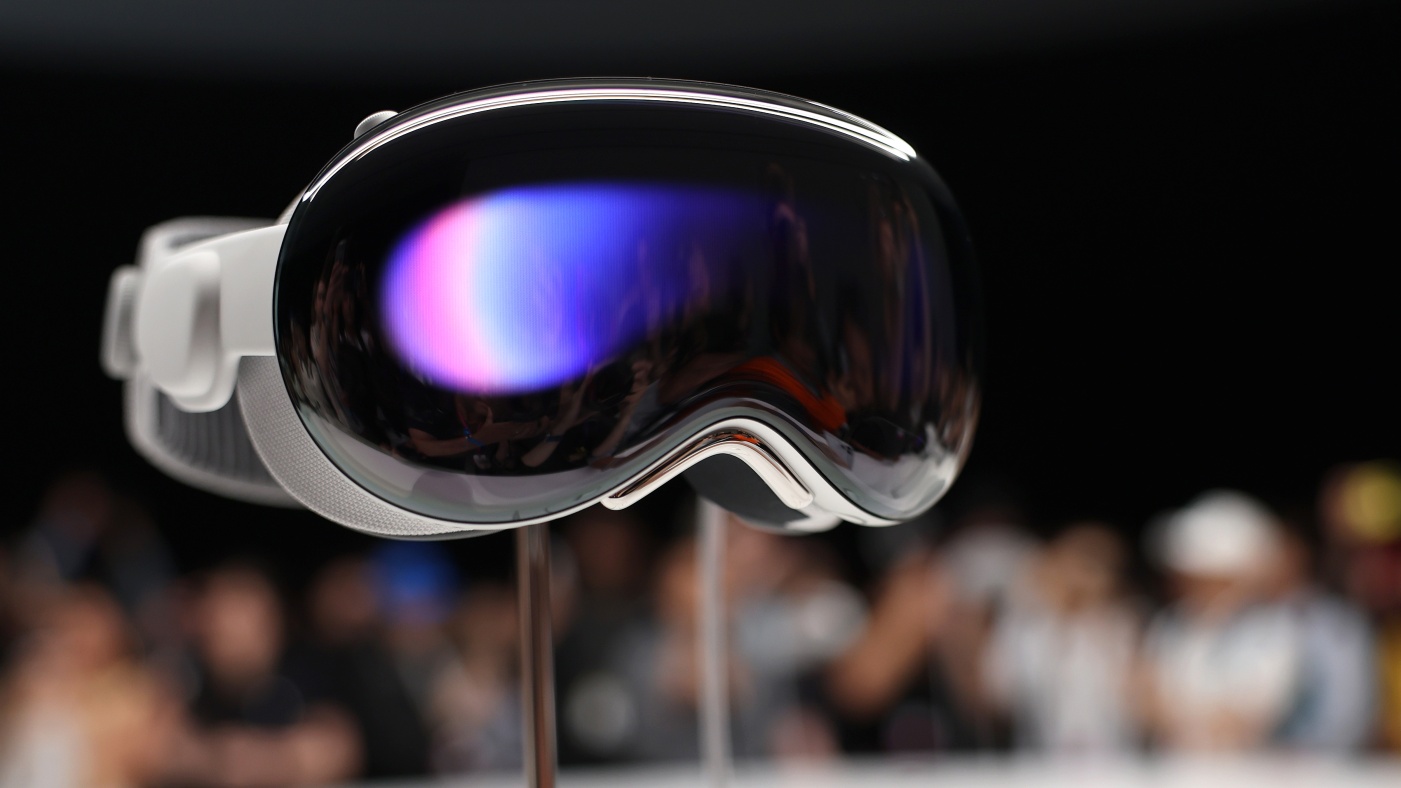 Apple’s Vision Pro: is the VR future finally here?
Apple’s Vision Pro: is the VR future finally here?Talking Point The ‘mixed reality’ headset could redefine how we use personal devices
-
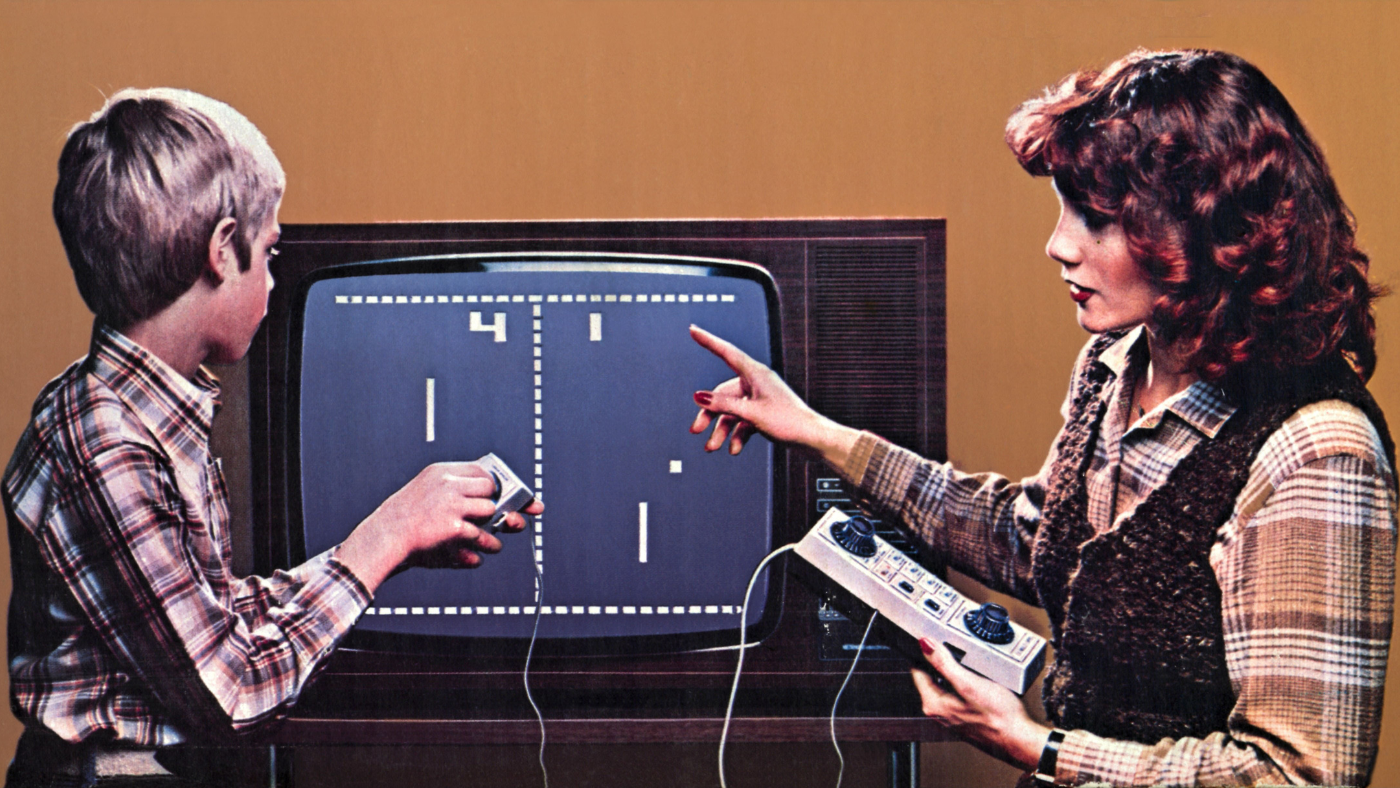 Pong at 50: the video game that ‘changed the world’
Pong at 50: the video game that ‘changed the world’Under the Radar Atari’s breakthrough invention remains a ‘touchstone’ in the history of gaming